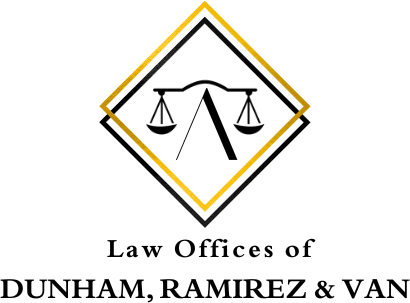Call us now:
Bankruptcy Chapter 13
Personal and Business Bankruptcy
Chapter 13 bankruptcy is designed as a debt reorganization plan for individuals, couples, and some small sole proprietorships. Unlike Chapter 7, which involves liquidating assets, Chapter 13 allows debtors to retain their property while repaying creditors through a structured repayment plan. Each month, you make a payment to a bankruptcy trustee, who then distributes the funds to your creditors. Our law firm will work with you to create a customized repayment plan based on your financial situation, ensuring that the monthly payment is manageable for you.
How is the Monthly Payment Determined?
In Chapter 13 bankruptcy, the amount you pay each month depends on various factors, including:
- Your assets
- Your income and family size
- Your debt levels
- Any legal obligations to repay certain debts (such as taxes or child support)
While Chapter 13 may require you to repay some or all of your debt, it eliminates excessive interest rates charged by creditors, making the repayment process more affordable. Even in cases where full repayment is necessary, you’ll benefit from manageable terms that are far more favorable than dealing with high-interest rates.
Why Choose Chapter 13?
Chapter 13 is a good option for those whose income is too high to qualify for Chapter 7 or who have assets they want to protect. You may also be required to file Chapter 13 if you have a prior bankruptcy filing within a certain period. However, even if you are eligible for Chapter 7, Chapter 13 may be a better choice for various reasons:
- Home Foreclosure: If your home is in foreclosure, Chapter 13 allows you to stop the foreclosure process and repay any missed mortgage payments over three to five years without added interest.
- Eliminating Second Mortgages: In some cases, Chapter 13 can help you remove a second mortgage or home equity loan if the value of your home has dropped.
- Tax Debt: You can use Chapter 13 to repay back taxes without facing additional interest or penalties.
- Restructuring Car Loans: Chapter 13 allows you to restructure car loans to more favorable terms.
- Student Loan Moratorium: While not dischargeable, Chapter 13 provides temporary relief from student loan payments during the bankruptcy process.
Business Bankruptcy Under Chapter 13
For small sole proprietorships, Chapter 13 offers the ability to reorganize business debts and continue operations. However, businesses structured as corporations or LLCs are not eligible for Chapter 13. Instead, they must pursue Chapter 11 bankruptcy for reorganization, unless the business qualifies as a family farm.
Get Expert Guidance for Chapter 13 Bankruptcy
Filing for Chapter 13 can provide much-needed relief from overwhelming debt while allowing you to retain your home, car, and other essential assets. If you’re considering filing for Chapter 13 bankruptcy in California, contact us today for a free consultation. Our experienced bankruptcy attorneys will guide you through each step of the process, ensuring that your rights are protected and helping you achieve the best possible financial outcome.
Other Legal Practice Areas

Personal Injury
Each year, millions of people in the United States are injured in accidents, many of which are caused by the preventable carelessness or…

DUI Defense
Nobody plans to be charged with or arrested for a DUI, but a DUI conviction can have serious and lasting consequences. A conviction can affect your…

Criminal Defense

Bankruptcy Chapter 7
Chapter 7 bankruptcy, often referred to as a “straight bankruptcy” or “liquidation,” is one of the most common forms of bankruptcy…

Wills & Trusts
A will, or last will and testament, is a legal document that outlines your wishes regarding the distribution of your assets and…

Incorporation Services
Incorporation is the process of legally forming a corporation, a type of business entity that is recognized as a separate…
Get a Free Personal Consultation
Office
4108 Rosemead Blvd, Rosemead, CA 91770, United States
Phone
+1 626-288-1699
info@rosemeadlawyers.com
